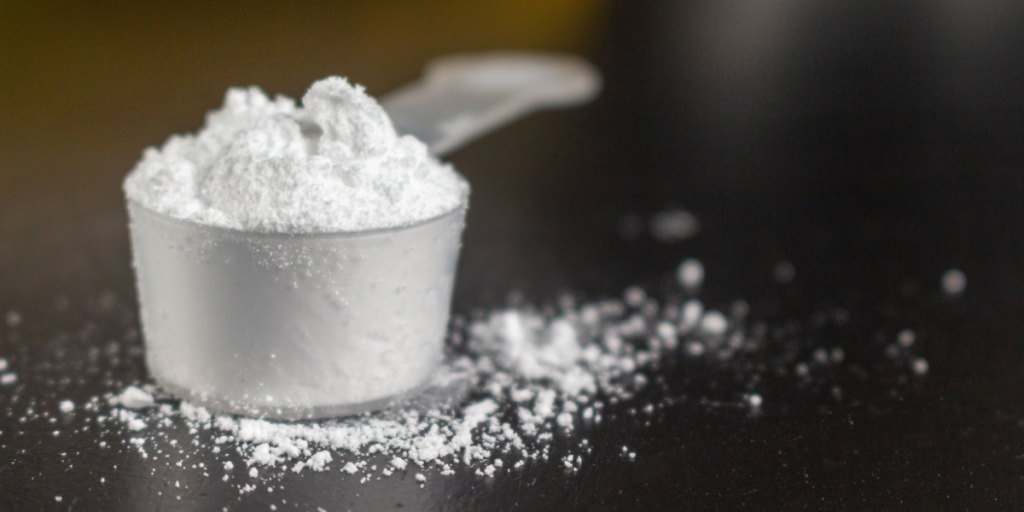It’s not just for building strength.
Others are reading now
It’s not just for building strength.
Have you heard of creatine?
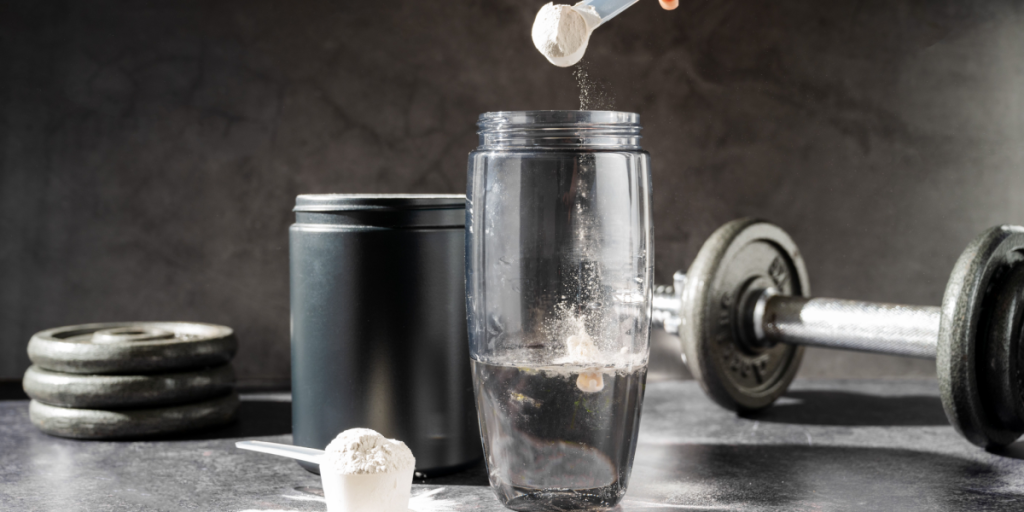
If you’ve ever been to the gym in recent years, theres’ a good chance you have.
Creatine is widely acknowledged as a safe strength- and power-building supplement, but there is increasing evidence that it’s not just good for fitness enthusiasts.
What is creatine?
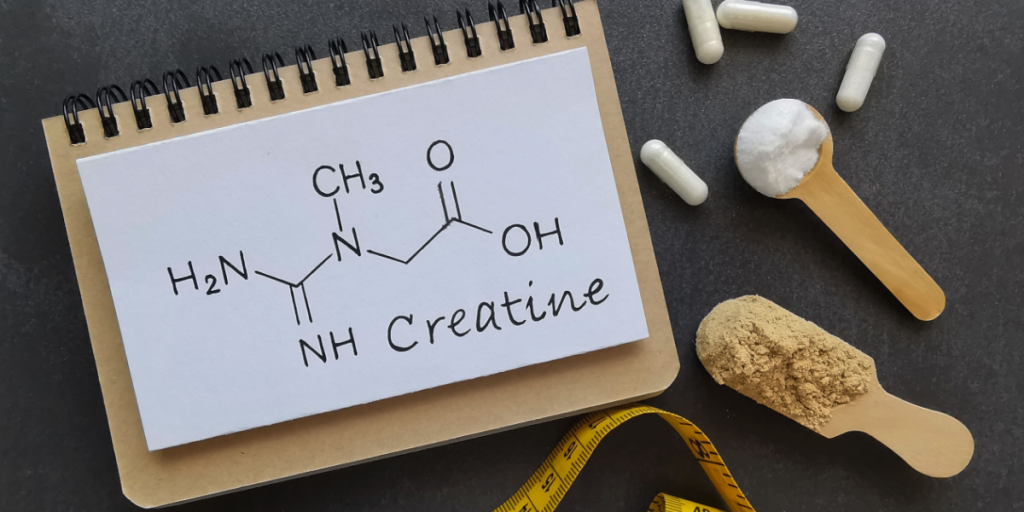
According to Mayo Clinic, creatine is found mostly in your body’s muscles as well as in the brain.
Also read
Your body stores creatine as phosphocreatine primarily in your muscles, where it’s used for energy.
How it’s used in the gym
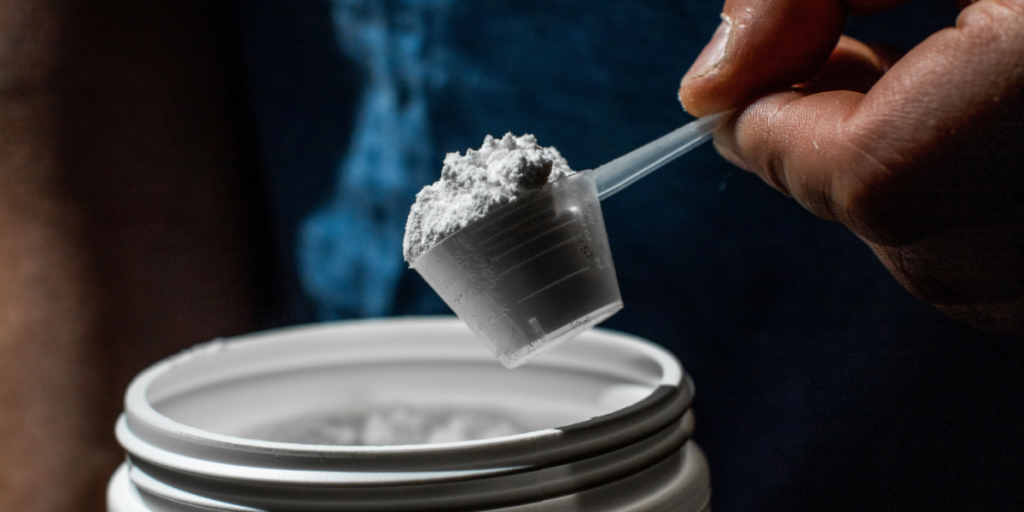
When our body is stressed, like when excercising, creatine phosphate is needed to maintain energy in the cell.
When athletes load up on creatine, it makes them able to increase performance when lifting weights or doing sprints.
But it can do more than that
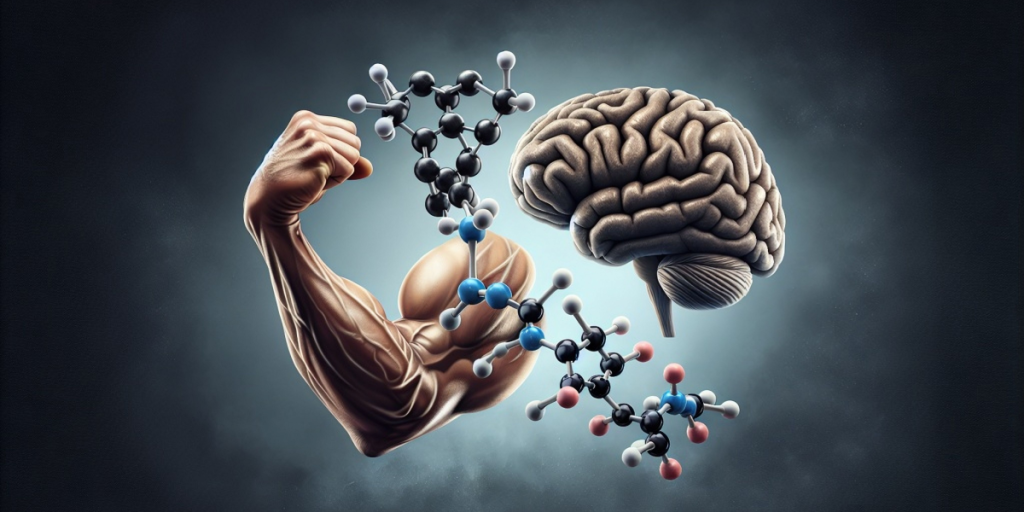
According to Dr. Richard Kreider, professor and director of the Exercise & Sport Nutrition Lab at Texas A&M University. Kreider has spent more than 30 years investigating the effects of creatine – and he believes even non-gym-goers gould benefit from it.
More important when getting older

Kelder explains that creatine gets increasingly important, when we age.
It helps retain muscle mass, and has even shown to be boos cognitive funtion in seniors as well.
Can help with normal growth

For adolescents, low dietary creating is associated with slower growth, less muscle mass and even higher body fat.
So in short: Creatine is really important.
Body and diet

Our body produced approx. 1 gram of creatine per day, and most of us get another gram through our diet (mostly through meat and fish).
However, according to Kreider, most people fall short of getting to the recommended amount of creatine per day, which is between 2 and 4 grams.
But is it safe?
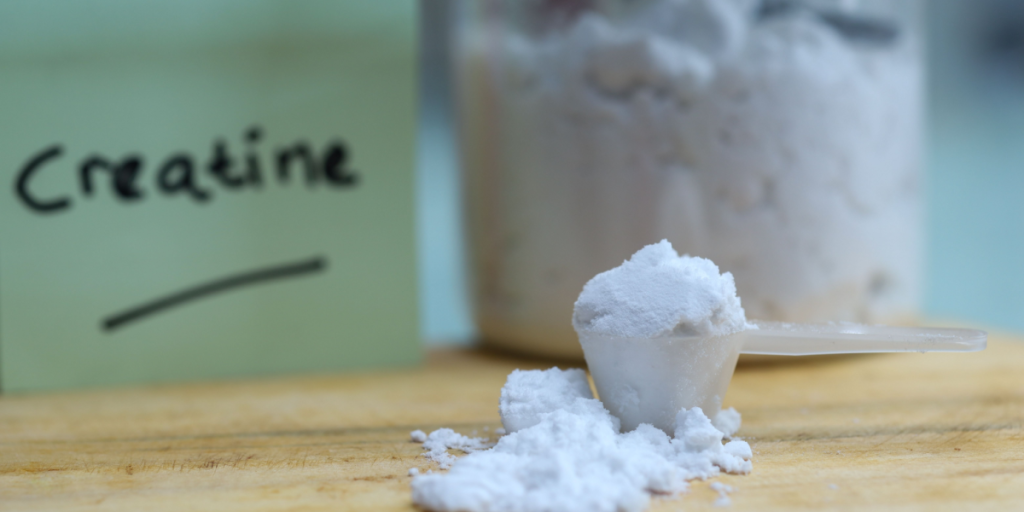
In February, a comprehensive review was published in the Journal of the International Society of Sports Nutrition, and Kreider was one of the authors.
He and his colleagues analyzed 685 clinical trials on creatine supplement and found that there was no significant differences in the side effects for those getting creating and those getting a placebo.
Not just for bodybuilders and athletes

Kredler believes that creatine has long been the subject of misinformation and misconceptions, but as he said in an article from Texas A&M:
“There’s absolutely no data supporting any negative side effect anecdotally reported about creatine on the internet and in the media. Creatine is safe, and it’s important for everybody, not just bodybuilders and athletes.”

